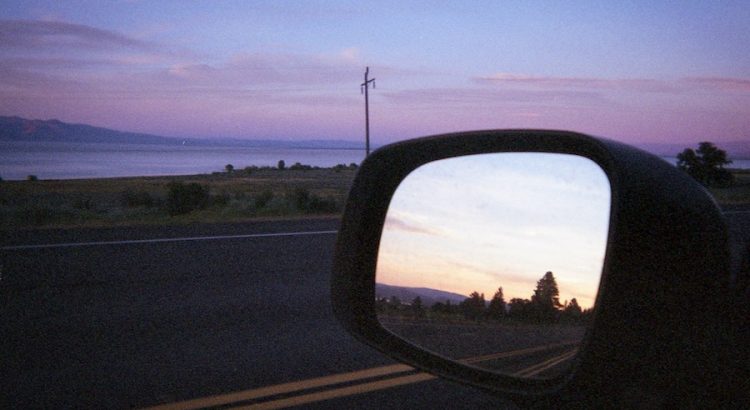Podcast: Play in new window | Download
Subscribe: Spotify | Email | TuneIn | RSS
How many times have you said “I wish I had known!” or “Why didn’t they teach us this in school?”
If you’re a graduate student, you’ve probably said it a lot.
For some reason, from the moment you write your first application to the moment you get your hood and mortarboard, you’ll be re-learning what thousands of students have learned before you.
You’ll be treading a well-worn path, but for some reason, you won’t get a map.
Why don’t successful graduates take the time to help their successors along? Well, partly because they immediately get busy on the next stage of their career.
And partly because they may feel they’ve barely escaped the gauntlet of graduate school intact. “What advice could I give?” they muse. “I almost didn’t make it myself!”
Tales from the Beyond
Luckily, a few successful graduates DO speak to us from the other side. Sure, they may not have had a storybook experience, but their scars were won honestly and they have advice for their peers-in-training.
This week, we learn from Evelyne Deplazes, PhD, Chancellor’s Research Fellow and Adjunct Research Fellow at University of Technology Sydney (UTS) and Curtin University (Perth).
Dr. Deplazes’ article “How to PhD: 10 Tips from Hindsight” shares her insights from earning a PhD in Computational Biophysics from the University of Western Australia.
And while PhD programs in Australia have certain benefits, Dr. Deplazes’ experience will be valuable for any graduate student, particularly in the biomedical sciences.
Her ten tips each contain useful links, worksheets, and articles that help expand the topics. A few notable examples:
- A worksheet to help you set expectations with your research mentor
- An article about why work-life balance may have an impact on researcher’s mental health
- A toolkit to plan out your thesis, and monitor your progress
- A list of transferrable skills you’ll learn as a PhD
- and much more!
Dr. Deplazes paints the outlines of a map that other graduates students can use on their own journeys!
Just remember, you’re not traveling alone. Leave a comment below or send us an email to join the conversation.

